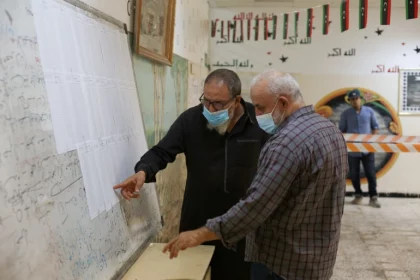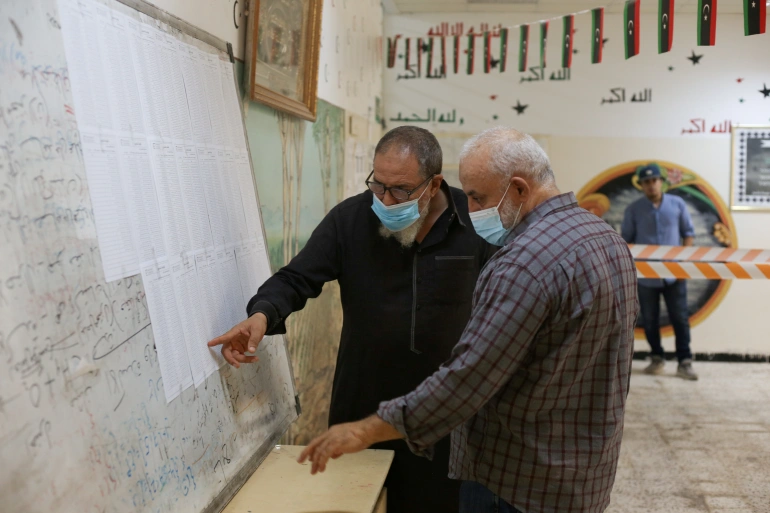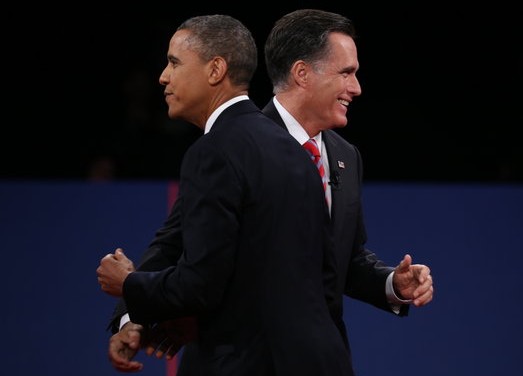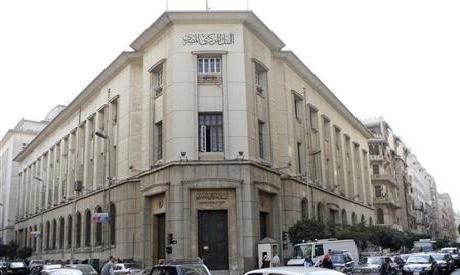 After several days of false suspense, Libyan authorities confirmed on Wednesday that the presidential election scheduled for Friday would not take place, with the Electoral Authority proposing to postpone by one month this crucial deadline in the transition process supposed to bring this North African country out of the post-Gaddafi chaos.
After several days of false suspense, Libyan authorities confirmed on Wednesday that the presidential election scheduled for Friday would not take place, with the Electoral Authority proposing to postpone by one month this crucial deadline in the transition process supposed to bring this North African country out of the post-Gaddafi chaos.
Less than 48 hours before D-day, a parliamentary committee in charge of monitoring the election concluded that it was “impossible” to hold it on the scheduled date, which had been set more than a year ago. Its conclusions were made public while an announcement of the postponement of the vote was expected for several days, against a background of insurmountable disagreements between rival camps.
Since the fall of Muammar Gaddafi in 2011, Libya has been unable to extricate itself from a decade of chaos, marked in recent years by rival powers in the east and west of the country and a series of armed conflicts. The Dec. 24 election was supposed to mark the culmination of a U.N.-sponsored political process to close this chapter of division and instability.
But “after consulting the technical, judicial and security reports, we inform you that it is impossible to hold the election on the date of December 24, 2021, as provided for in the electoral law,” wrote the chairman of the said commission, Al-Hadi al-Sghayer, in a report addressed to the head of parliament, without giving a new date.
The Libyan High Electoral Commission (HNEC) has taken up the report and proposed to postpone the election by one month to January 24, 2022. The Parliament will take the necessary measures to remove the obstacles to the electoral process,” it announced in a statement.
After the ceasefire signed in October 2020 between the eastern and western camps, a new unified government was set up earlier this year, after a laborious process overseen by the UN, to manage the transition to the elections.



